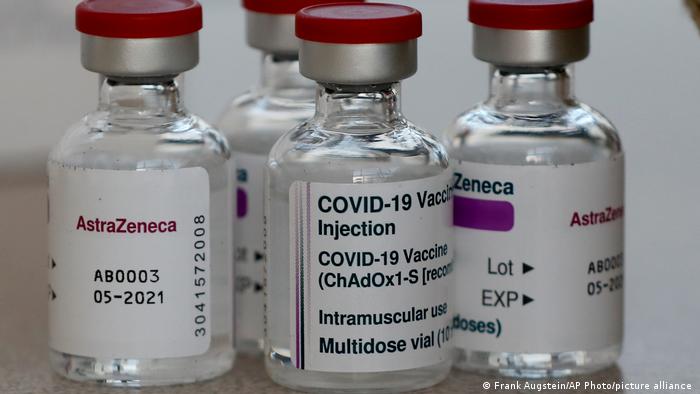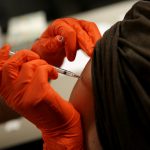WYOMING – According to the statement, this move should allow the U.N. agency’s partners to ship millions of doses to countries as part of a U.N.-backed program to tame the pandemic.
The green light for the AstraZeneca vaccine is only the second one the U.N. health agency has issued after authorizing the Pfizer-BioNTech vaccine in December.
This announcement should trigger the delivery of hundreds of millions of doses to countries that have signed up for the U.N.-backed COVAX effort, which aims to deliver vaccines to the world’s most vulnerable people.
The coronavirus has infected more than 109 million people and killed at least 2.4 million of them. But many countries have not yet started vaccination programs and even rich nations are facing shortages of vaccine doses as manufacturers struggle to ramp up production.
The AstraZeneca vaccine has already been authorized in more than 50 countries, including Britain, India, Argentina and Mexico.
It is cheaper and easier to handle than the Pfizer-BioNTech vaccine, which needs deep-cold storage that is not widespread in many developing nations. Both vaccines require two shots per person, given weeks apart.










